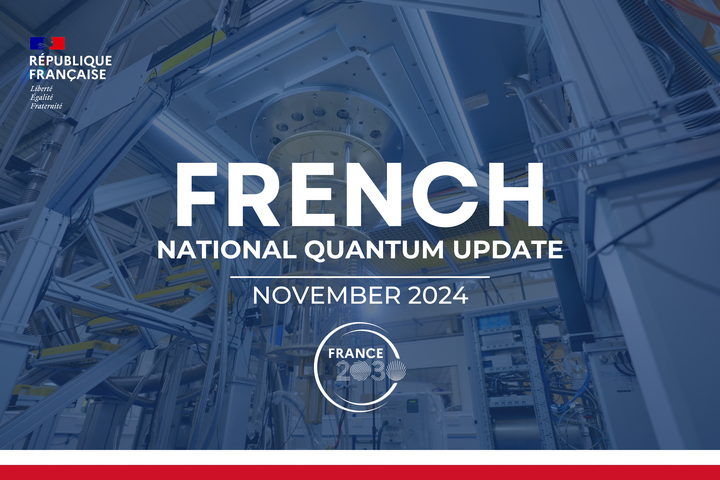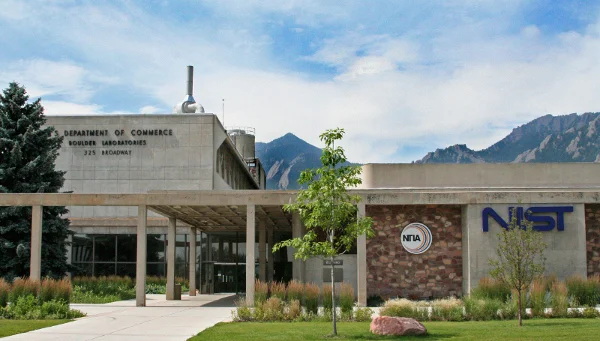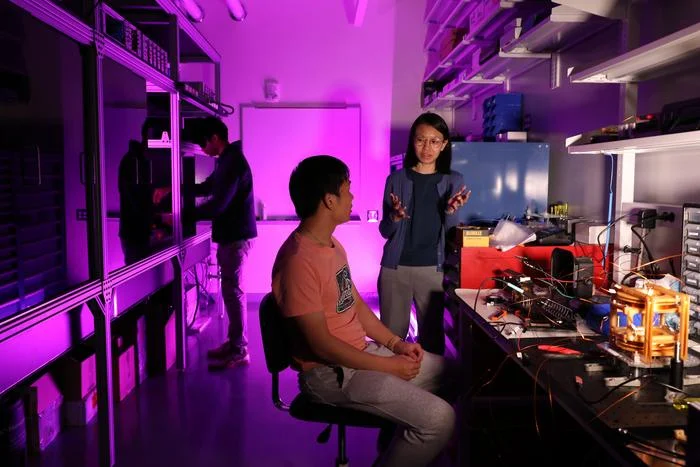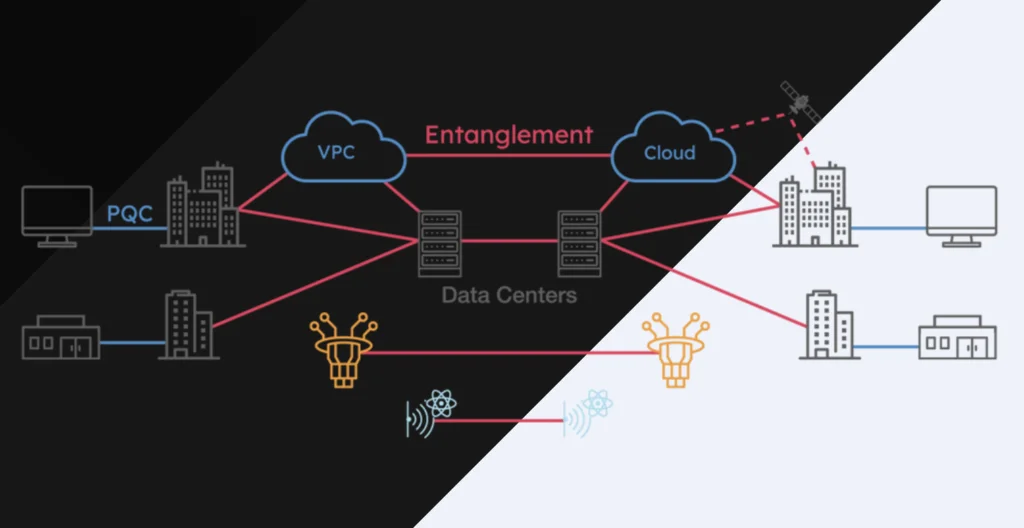Executive Summary
One of the strengths of the French quantum ecosystem is the tight integration between the nation’s academic and entrepreneurial communities. In frontier technologies – and particularly in quantum tech – those connections are vital. This month, we saw just a few of the many examples of this. From the collaborations between Quandela, CNRS and Université Paris-Saclay and Université Paris Cite quantum photonics to research symposia to connect France’s research members to the global quantum efforts, we see French researchers and international businesses working together to bring the power of quantum technologies to solve real-world problems. As the nation’s quantum businesses and research institutions enter what is shaping up to be a critical 2025 for the industry, they do so with strength and commitment.
Policy
French state waves up to €625M for Atos’s Advanced Computing assets
IT services giant Atos has received another offer from the French state, this time for just its Advanced Computing assets, in a transaction that could be worth up to €625 million ($656 million). The Gallic IT biz says it has entered negotiations with the French government, having received a non-binding offer from officials to buy the Advanced Computing activities for €500 million ($524 million) – or possibly up to €625 million, depending how the business performs if the sale is finalized. The move demonstrates the importance of advanced computing — including quantum — to French national sovereignty.
Business

On 13 th of November 2024, Quandela, the CNRS, Université Paris-Saclay, and Université Paris Cité inaugurated at the Centre for Nanoscience and Nanotechnology (CNRS/Université Paris-Saclay/Université Paris Cité) the QDlight associated research laboratory focusing on research in quantum photonics, which is to say the art of controlling light in the quantum regime inside nanoscale devices. Over the course of six years, the teams will expand scientific cooperation with a view to developing next generation quantum light emitters, as well as their applications in quantum information technology to secure unprecedented computing power.
At the SuperComputing 2024 (SC24) conference in Atlanta (GA), from November 17–22, and the European Quantum Technologies Conference in Lisbon (Portugal), from November 18–20, the EuroQCS-France consortium announced plans to grant early remote access to a 6-qubit digital photonic quantum computer developed by Quandela. This initiative aims to support the European research community before the deployment of the Lucy system in France next year.
IBM and Pasqal Unite to Build a Quantum-Centric Supercomputing Framework with Qiskit
IBM (NYSE: IBM) and Pasqal announced an update to their intended collaboration to build new, integrated frameworks for quantum-centric supercomputing with Qiskit, the world’s most performant quantum software. The two companies will soon begin developing a unified programming model to facilitate seamless interoperability across different types of quantum computing hardware. This integrated architecture will work across IBM’s next-generation and utility-scale quantum computers, Pasqal’s neutral atom-based quantum devices, and classical high-performance computing (HPC) resources such as CPUs and GPUs. It will aim to accelerate the usability and performance of complex and hybrid HPC workflows, which will include quantum computers as a key pillar, by allowing users to select the best-fitting hardware for each task in a single, cohesive framework.
The Banque de France (BDF) and the Monetary Authority of Singapore (MAS) reported on the successful completion of a groundbreaking joint experiment in post-quantum cryptography (PQC) conducted across continents over conventional Internet technologies. The PQC experiment aims to strengthen communication and data security in the face of quantum computing advancements, and the successful experimentation marks a crucial milestone in the evolution of the protection of international electronic communications against the cybersecurity threats posed by quantum computing.
Alice & Bob Enable Companies to Prepare For Practical Quantum Computing With Logical Qubit Emulator
Alice & Bob, a global leader in the race for fault-tolerant quantum computing, announced Felis 1.0, its toolbox featuring the first-ever logical qubit emulator. Felis allows users to prepare for impactful quantum computing today by facilitating the transition from NISQ to fault-tolerant algorithms.
Eviden enables quantum emulation in high-performance computing through dedicated software
Eviden, the Atos Group business leading in advanced computing, announced the launch of Qaptiva HPC, an innovative software tailored for high-performance computing (HPC) environments.
Research
Why quantum theory is just like magic (and Einstein deserves more credit in this field than he gets)
French physicist Alain Aspect is a pioneer in ‘quantum entanglement’ — connections between the quantum properties of subatomic particles that are preserved even at distances too great for signals to travel at light speed. He shared the 2022 Nobel Prize in Physics for this work, which underpins quantum computers and other technologies.
In this work, the researchers, including French scientists, study the quantum dynamics in response to time-dependent external potentials of the edge modes of a small fractional quantum Hall fluid composed of few particles on a lattice in a bosonic Laughlin-like state at filling 𝜈=1/2. We show that the nonlinear chiral Luttinger liquid theory provides a quantitatively accurate description even for the small lattices that are available in state-of-the-art experiments, away from the continuum limit.
Education and Events
Teratec Quantum Computing Initiative
Pasqal co-CEO Loïc Henriet and Shannon Whitlock, professor at Université de Strasbourg, discussed the state of the art in hardware quantum technologies with a focus on cold atoms on November 13th. This exciting event will gather high-level academics and industry players to discuss 3-5 years perspectives on quantum computing, the possible outcomes of quantum applications and the obstacles still facing quantum players.
The Franco-Singaporean symposium on quantum science and technology
From November 5th to 7th of this year, Singapore hosted the Franco-Singaporean Quantum Symposium. The event brought French and Singaporean scientists and industrialists together to take stock of advances and explore prospects for collaboration in quantum science and technology.














